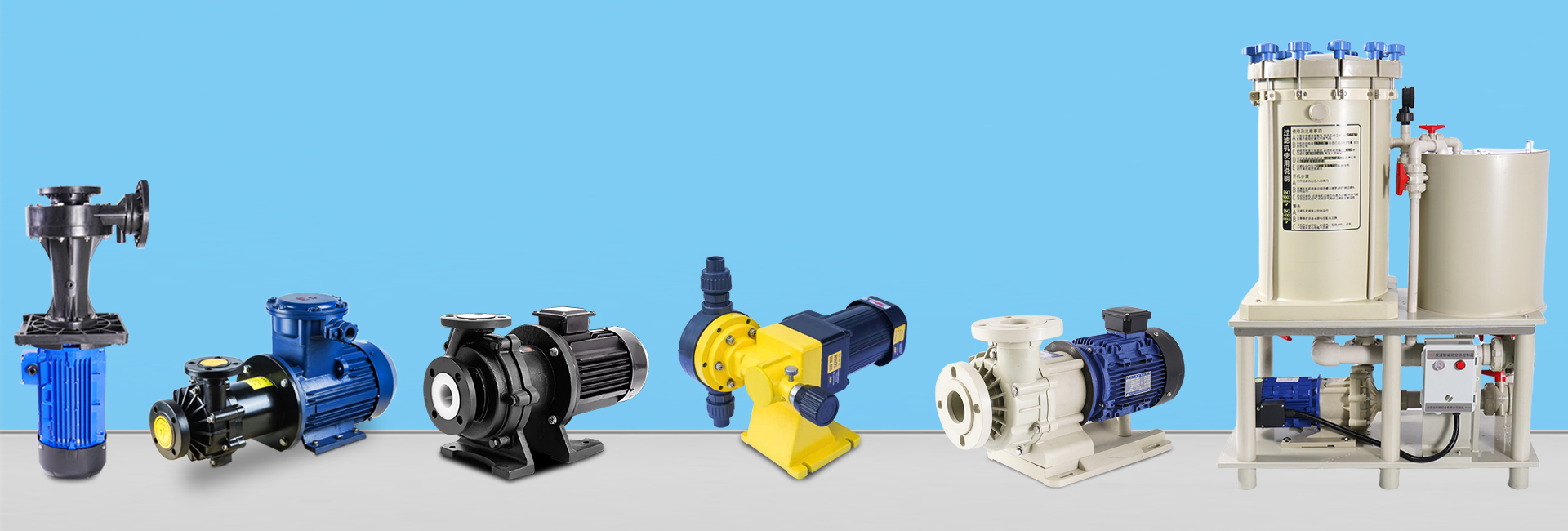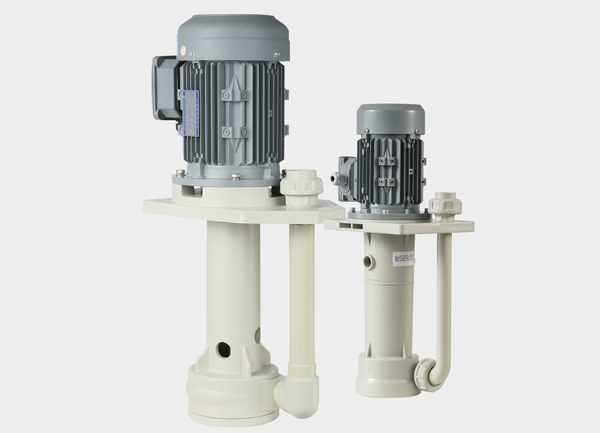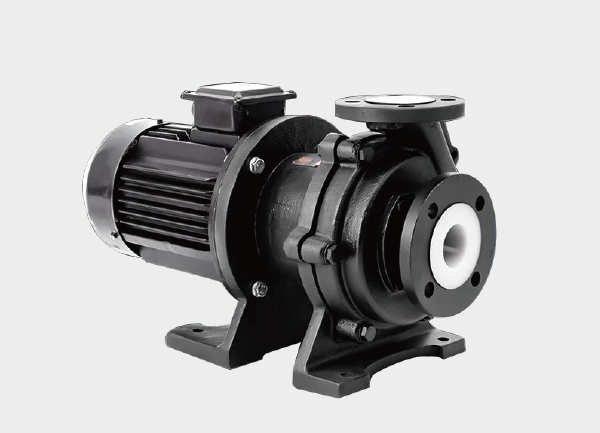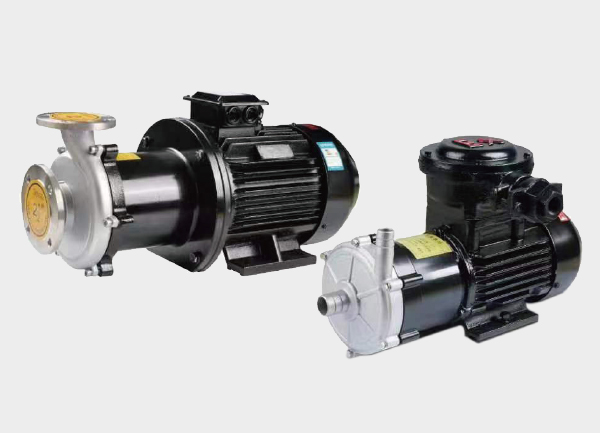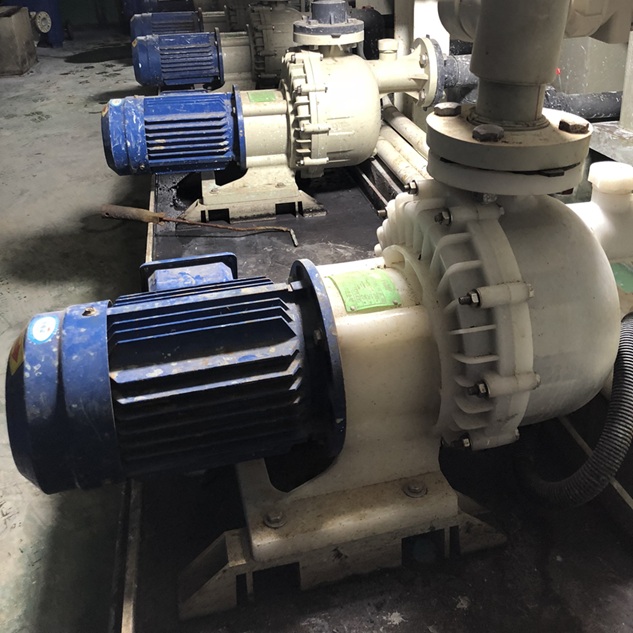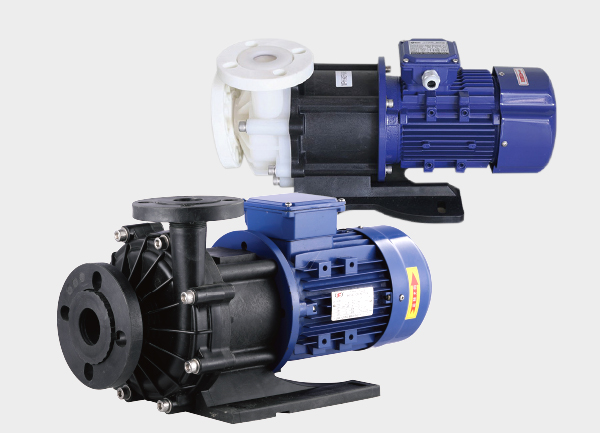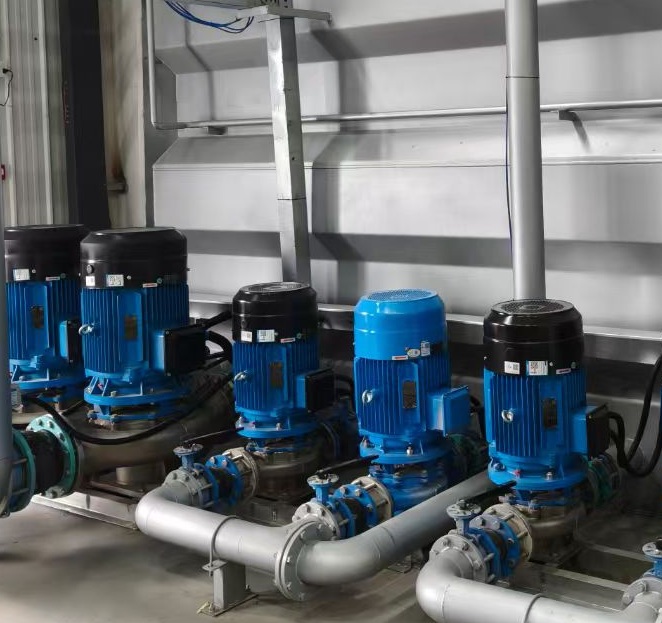1. Overview of Industrial Self-Priming Pumps
Industrial self-priming pumps are a type of pump capable of drawing liquid into the pump chamber without manual priming before startup. Their core principle relies on the centrifugal force generated by the impeller and the vacuum formed inside the pump chamber to draw fluid from the pipeline and continuously deliver it. Self-priming pumps are widely used in chemical, power, mining, metallurgy, and environmental industries, particularly for handling corrosive, solid-laden, or high-temperature industrial liquids.
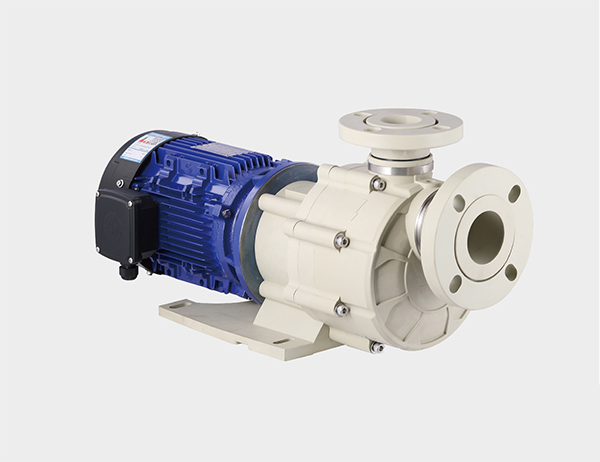
Key Advantages:
Easy startup: No additional priming required.
High adaptability: Suitable for various industrial fluids, including clean water, wastewater, slurry, and mild corrosive chemicals.
Excellent sealing: Reduces leakage risk, ideal for toxic, flammable, or high-purity liquids.
Cost-effective maintenance: Optimized structure prolongs pump and system life.
2. Working Principle of Industrial Self-Priming Pumps
During operation, the impeller rotates inside the pump body, creating a low-pressure zone that draws liquid from the suction pipe into the pump chamber. The residual air in the pump is discharged through the discharge line, completing the self-priming process. The working stages include:
Gas-liquid mixing stage: Residual air mixes with the incoming liquid to form a pumpable mixture.
Vacuum formation stage: Impeller rotation generates negative pressure, continuously drawing liquid into the pump.
Pump delivery stage: Liquid is expelled from the pump chamber through the discharge pipe, providing a stable flow to the industrial system.
This process ensures the pump starts without manual priming, greatly improving industrial operational efficiency.
3. Types of Industrial Self-Priming Pumps and Features
Self-Priming Water Pumps
Applications: Industrial cooling water, process water circulation, boiler feed water.
Features: Simple structure, good wear resistance, continuous operation, suitable for low-corrosion fluids.
Self-Priming Centrifugal Pumps
Applications: Chemical fluid transfer, energy system circulation, industrial process water.
Features: High flow, high head, stable efficiency, suitable for long-distance piping.
Self-Priming Trash Pumps
Applications: Chemical wastewater, mining slurry, metallurgical wastewater.
Features: Wear-resistant, corrosion-resistant, anti-clog impeller design, capable of handling solid particles.
Multi-Pump Systems (Self-Priming Pumps / Self-Priming Water Pumps / Self-Priming Trash Pumps)
Applications: Large-capacity industrial water treatment, multi-line production, complex piping systems.
Features: Can be connected in parallel or series, ensuring industrial continuity and flexible operation.
4. Key Technical Parameters for Industrial Selection
| Parameter | Description |
|---|---|
| Flow Range | 5–1000 m³/h (customizable by model) |
| Head Range | 5–80 m (long shaft up to 100 m) |
| Self-Priming Height | 4–7 m (depends on pump type and fluid viscosity) |
| Fluid Temperature | -20℃~150℃ (high-temperature pumps up to 250℃) |
| Solid Particle Size | ≤50 mm (trash pumps up to 80 mm) |
| Pump Material | Cast iron, stainless steel, engineering plastics, corrosion-resistant alloys |
| Seal Type | Mechanical seal / corrosion-resistant seal / leak-free self-priming design |
5. Industrial Pump Selection Guide
Fluid properties: Choose corrosion-resistant and wear-resistant materials to ensure pump longevity.
Flow and head requirements: Match pump model to industrial process needs.
Solid particle content: For wastewater or slurry, choose anti-clog impeller design.
Operating environment: High temperature, high pressure, or chemically aggressive fluids require specialized pumps.
Brand and after-sales support: Opt for reputable Chinese industrial pump brands (e.g., “Xiaojuren Pump”), ensuring reliable supply and maintenance support.
6. Typical Industrial Applications
Chemical plants: Transfer of acids, alkalis, and circulating process fluids.
Power plants: Cooling water circulation and wastewater handling.
Mining and metallurgy: Slurry, mud, and industrial wastewater discharge.
Municipal and environmental sectors: Industrial wastewater treatment and discharge systems.
Industrial self-priming pumps are essential for modern industrial fluid transfer systems due to their efficiency, self-priming capability, and adaptability.

